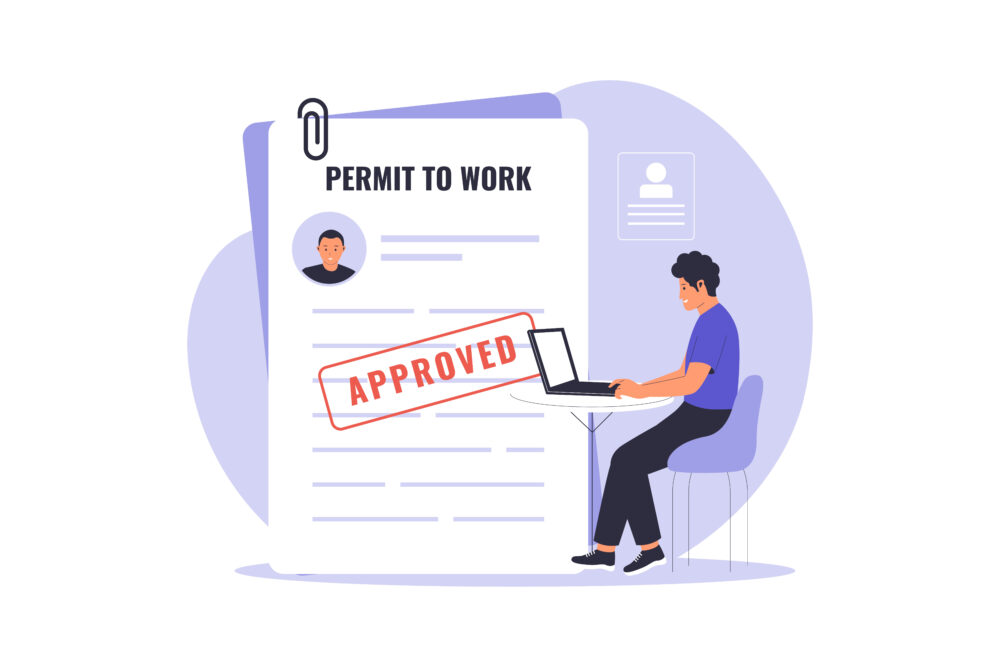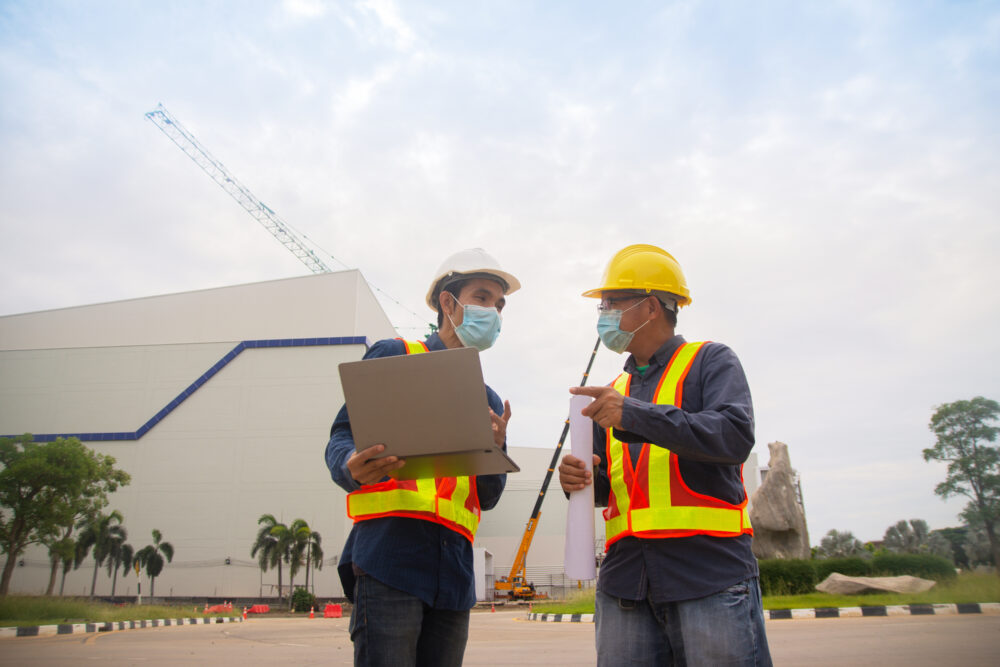Labor subleasing is a business activity practiced by many enterprises to meet business production demands of other enterprises in certain cases such as: temporarily addressing a sudden increase in labor demand for a certain period; replacing employees who are on maternity leave, have suffered occupational accidents, or contracted occupational diseases, etc. Given its unique nature where employees work under the management of one entity (the Labor Sublessee) but are contractually employed by another (the Labor Subleasing Enterprise)(1), this line of business may result in labor exploitation or failure to ensure legitimate rights for employees regarding wages, insurance, working conditions, and occupational safety. It may also be abused to evade legal obligations such as mandatory insurance contributions. Vietnamese law stipulates that labor subleasing is a conditional business activity. Accordingly, enterprises must obtain a Labor Subleasing License (“License”) to legally operate and may only sublease employees for certain jobs(2). This article highlights key considerations for enterprises engaging in labor subleasing.
1. Conditions for enterprises providing labor subleasing services
According to Article 12 of Decree No. 145/2020/ND-CP, a Labor Subleasing Enterprise must: (i) be established in accordance with the Law on Enterprises; (ii) be granted a valid License; (iii) recruit and enter into labor contracts with employees, subsequently assigning them to work under the management of another employer while maintaining the employment relationship with the original contracting enterprise (hereinafter referred to as the “Labor Subleasing Enterprise”).
Such enterprises are required to provide a security deposit and obtain a License(3).
2. Contents of the labor subleasing contract
Pursuant to Article 55 of the Labor Code 2019, the Labor Subleasing Enterprise and the Labor Sublessee must execute a written labor subleasing contract in two copies, each party retaining one. Key contents of this contract must include:
- Workplace location, job position requiring subleased labor, detailed job description, and specific requirements for the subleased employee.
- Duration of the labor subleasing; starting date of the subleased employee.
- Working hours, rest periods, occupational safety and hygiene conditions at the workplace.
- Liability for compensation in case of occupational accidents or diseases.
- Obligations of each party toward the subleased employee.
Moreover, it should be noted that the labor subleasing contract must not contain provisions on rights and interests of the subleased employee that are less favorable than those in the labor contract previously executed with the employee by the Labor Subleasing Enterprise.
3. Rights, obligations, and responsibilities of the Labor Subleasing Enterprise
Under Article 56 of the Labor Code 2019 and Article 31 of Decree No. 145/2020/ND-CP, the Labor Subleasing Enterprise has the following obligations:
- Ensure that employees provided to the Labor Sublessee possess qualifications appropriate to the job requirements and to the labor contract.
- Notify employees of the contents of the labor subleasing contract.
- Notify the Labor Sublessee of the employee’s resume and requirements.
- Guarantee that the salary paid to subleased employees is not lower than that of employees of the Labor Sublessee with equivalent qualifications and performing the same or equivalent work.
- Maintain records specifying the number of employees subleased, the Labor Sublessee, and periodically report to the specialized labor authority under the Provincial People’s Committee: Submit semi-annual and annual reports on the labor subleasing activities according to Form No. 09/PLIII Appendix III issued with Decree No. 145/2020/ND-CP, addressed to the Chairman of the Provincial People’s Committee, the Department of Labor, Invalids and Social Affairs (DOLISA), and the Management Board of the industrial zone or economic zone where the enterprise’s head office is located; concurrently, if the enterprise subleases labor to another province, report to the DOLISA and the Management Board of the industrial zone or economic zone in that locality regarding the labor subleasing activities conducted therein. Semi-annual reports must be submitted before June 20th, and annual reports must be submitted before December 20th.
- Handle labor disciplinary matters concerning employees who violate labor discipline when returned by the Labor Sublessee due to such violations..
- Publicly post the original License at the head office and certified copies of the License at branches and representative offices (if any) of the Labor Subleasing Enterprise. If operating in another province, the Labor Subleasing Enterprise must send a certified copy of the License to the respective DOLISA for monitoring and management.
- Promptly report incidents related to labor subleasing activities to the competent local state authority or as requested by the labor management state authority.
- Fully perform the responsibilities of the Labor Subleasing Enterprise as stipulated in Article 56 of the Labor Code 2019 and this Chapter of Decree 145/2020/ND-CP.
- Where the Labor Subleasing Enterprise has its head office or conducts labor subleasing activities within a high-tech zone, when submitting reports as required herein, the Labor Subleasing Enterprise shall simultaneously submit one copy of the report to the Management Board of the high-tech zone.
Furthermore, the Labor Subleasing Enterprise also possesses the standard rights and obligations of an employer as provided by law, including:
- The right to recruit, arrange, manage, operate, and supervise labor; to provide commendation and handle violations of labor discipline.
- The right to establish, join, and operate within employer representative organizations, professional organizations, and other organizations in accordance with the law.
- The right to request the employee representative organization to negotiate for the purpose of signing a collective labor agreement; participate in the resolution of labor disputes and strikes; engage in dialogue and exchange with the employee representative organization on matters concerning labor relations, and improvement of the material and spiritual lives of employees.
- The right to temporarily close the workplace.
- The obligation to implement labor contracts, collective labor agreements, and other lawful agreements; respect the honor and dignity of employees.
- The obligation to establish mechanisms for and conduct dialogue and exchange with employees and the employee representative organization; implement grassroots democracy regulations at the workplace.
- The obligation to provide training, retraining, and skills enhancement to maintain and change occupations and jobs for employees.
- The obligation to comply with legal provisions on labor, employment, vocational education, social insurance, health insurance, unemployment insurance, and occupational safety and hygiene; develop and implement measures to prevent and combat sexual harassment at the workplace.
- The obligation to participate in the development of national occupational skill standards, and in the assessment and recognition of occupational skills for employees.
- Other rights and obligations as prescribed by law.
(1) Article 52.1 of the Labor Code 2019
(2) Article 52.2 of the Labor Code 2019
(3) Article 54.1 of the Labor Code 2019
See more:
1/ Key consideration for drafting labor regulations in the enterprise
2/ Information confidentiality issues in labor relations
Disclaimers:
This article is for general information purposes only and is not intended to provide any legal advice for any particular case. The legal provisions referenced in the content are in effect at the time of publication but may have expired at the time you read the content. We therefore advise that you always consult a professional consultant before applying any content.
For issues related to the content or intellectual property rights of the article, please email cs@apolatlegal.vn.
Apolat Legal is a law firm in Vietnam with experience and capacity to provide consulting services related to Employment and contact our team of lawyers in Vietnam via email info@apolatlegal.com.





































